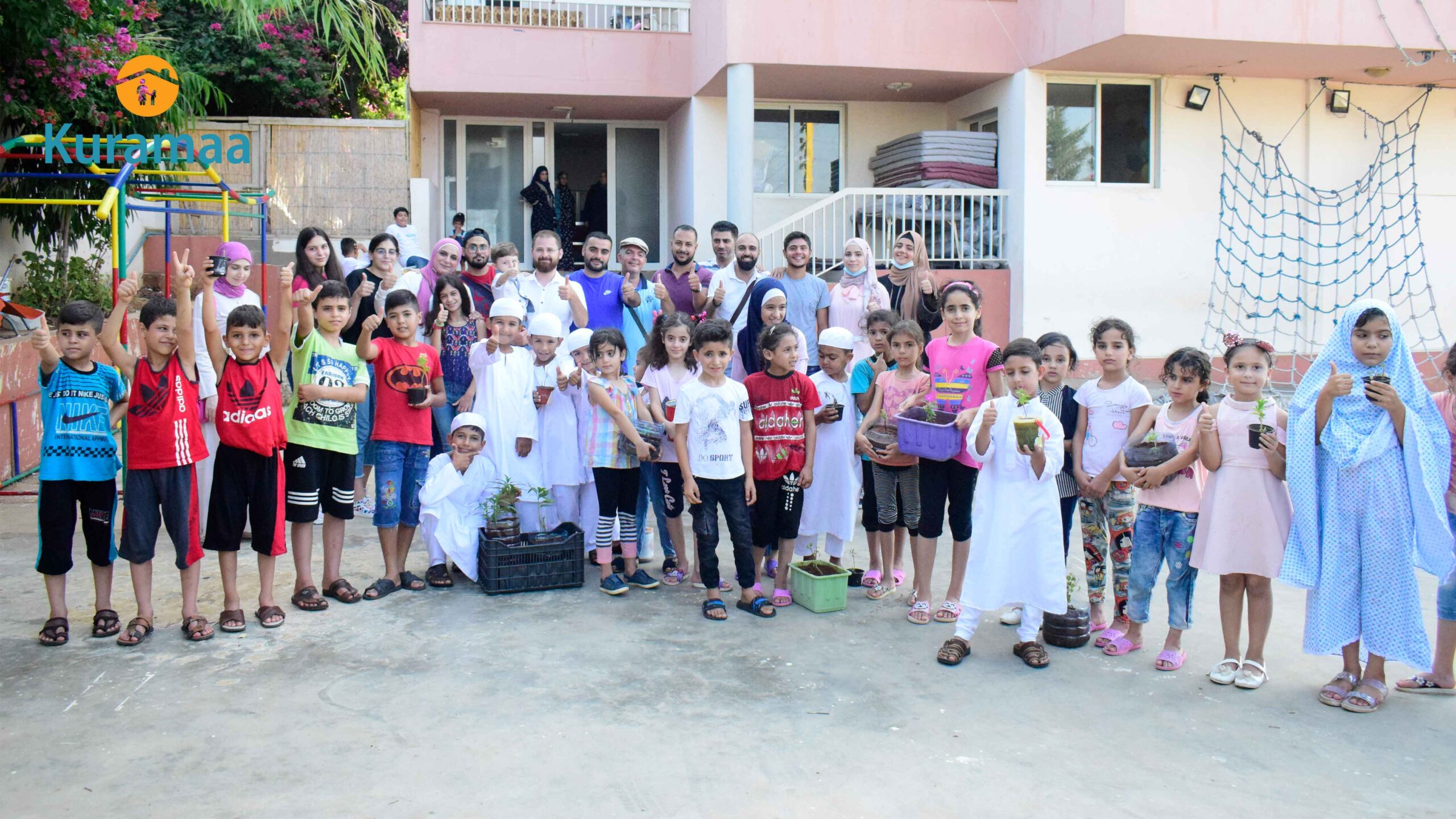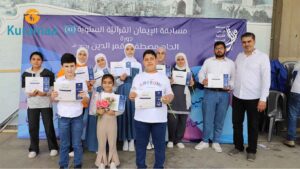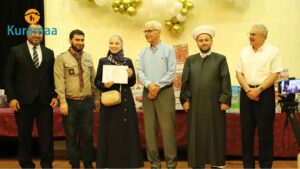The planting activity for orphaned children is more than a gardening session—it’s a nurturing experience that connects vulnerable young souls to the healing power of nature. As part of Kuramaa’s comprehensive Widows and Orphans Rehabilitation Program, this activity supports 100 orphaned children by promoting mental wellness, responsibility, and inner peace. In this article, we explore how a simple plant can help reshape a child’s life.
What Is the Planting Activity and Why Is It Important?
The planting activity involves teaching children how to plant seeds or seedlings and care for them through regular watering, feeding, and trimming. Guided by supervisors or mental health facilitators, the children participate in a hands-on, interactive experience that symbolizes personal growth and emotional recovery.
Key benefits of the activity include:
-
Mental health support: Interaction with nature reduces anxiety and improves mood.
-
Encouraging patience and focus: Growth takes time—just like healing.
-
Fostering responsibility: Each child is responsible for their own plant, creating a sense of purpose.
-
Positive emotional connection: Seeing something grow through your care instills joy and pride.
How Is the Planting Activity Conducted?
Calm, Guided Environment
The activity is conducted in safe, peaceful settings—such as small gardens or planting boxes. Mental health professionals and educational supervisors guide the children step by step, creating a space for expression, mindfulness, and healing.
Step-by-Step Process:
-
Choosing the seeds or seedlings
-
Preparing the soil and learning the planting tools
-
Planting and watering with care
-
Daily observation, tracking growth, and nurturing
This structured yet therapeutic process transforms a simple plant into a tool for emotional development and stability.
Psychological and Social Impact on Orphans
Inner Calm and Mood Regulation
Many orphaned children carry hidden trauma. Through nurturing a plant, they engage in a gentle, non-verbal journey of healing. Watching something flourish under their care teaches them that growth—even after hardship—is possible.
Instilling Life Values and Skills
Through the planting activity, children develop:
-
A sense of routine and purpose
-
The value of care and patience
-
Skills in observation and responsibility
These are not just gardening lessons—they are foundational skills for life.
How You Can Support This Program
Kuramaa is committed to expanding this activity and integrating more therapeutic practices into our programs. Your support can bring this vital experience to more children and enhance its impact.
Your donation will help:
-
Provide planting kits and supplies for 100 orphaned children
-
Fund qualified mental health facilitators and educators
-
Create green spaces dedicated to therapeutic activities
-
Sustain long-term integration of nature-based healing programs
Help us plant seeds of hope. Your donation can nurture resilience, confidence, and peace in a child’s heart.
[Donate Now – Be the reason a child begins to bloom.]
Conclusion: Planting Hope with Kuramaa
The planting activity for orphans is a powerful reminder that healing doesn’t require words—it only needs care, time, and a little sunlight. At Kuramaa, we believe in holistic support for every orphan and widow we serve. This activity is a testament to how simple acts can create deep and lasting impact.
Support Kuramaa today—let’s grow hope together, one child, one plant, one future at a time.




